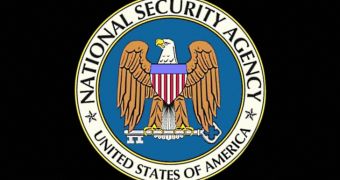If Dilma Rousseff, the president of Brazil was mad last week following the reports that NSA had been spying on her, this time she is positively furious, blaming the NSA of economic espionage.
This past weekend, it was reported by local television Globo that the NSA had eyes on Petrobras, the country’s oil company. Other names included on the files coming from the Snowden stash include Google and SWIFT, a network covering over ten thousand banks all over the globe.
The revelations put the diplomatic relationship between the United States and Brazil in a very tight spot. After repeated demands for an explanation and no formal response from the US, Rousseff is explainably angry.
“If the facts reported by the press are confirmed, it will be evident that the motive for the spying attempts is not security or the war on terrorism, but strategic economic interest,” Rousseff said in a statement.
She goes on saying that it’s very clear Petrobras is not a threat to the security of any country.
James Clapper, director of National Intelligence in the United States, gave a statement following the reports saying the NSA only keeps a watchful eye on the economic situation in the world to prevent events that would put in danger the economic stability of the world.
In short, they’re not spying to obtain inside information about a strategic Brazilian company, but rather want to keep an eye on the economic well-fare of the world.
Of course, such a skill would be better used inside the United States, since the subprime mortgage crisis is the event that put the basis to the world economic crisis numerous countries still struggle with.
In the current circumstances, Dilma Rousseff’s visit to the United States in October seems even more unlikely, despite previous statements that it all depends on how the White House handles the situation.

 14 DAY TRIAL //
14 DAY TRIAL //